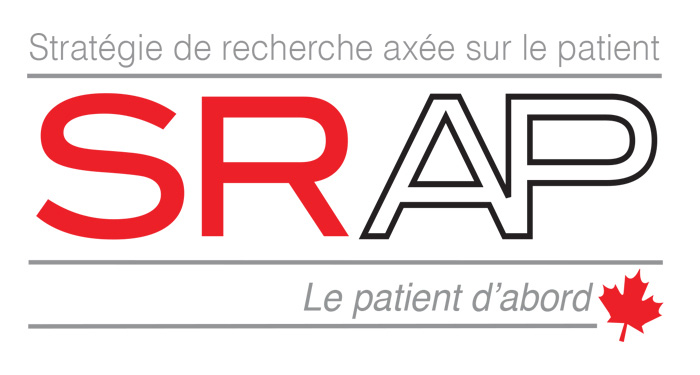Acute Pain Management for Opioid-Tolerant People: An ED Approach (événement anglais)
This event is geared specifically towards doctors, nurses, and other health care providers working in an emergency department (ED) setting. However, the themes in this webinar around improving care and reducing stigma for people who use(d) drugs will be generalizable to all health care providers. In his presentation, Dr. Lewis Forward will plan to achieve the objectives below, along with real experiences of pain and health care treatment in the ED shared by Katie Upham. There will be approximately 30 minutes after the presentation for a Q&A with the audience and presenters.
Objectives:
1) To discuss lived ED experiences of pain in this population from a strengths-based perspective and some communication techniques that can improve collaborative pain care in the ED.
2) To provide a 3 AM approach to multimodal analgesia in opioid-tolerant people.
3) To clarify resources and routes of referral for inpatient and community services for acute/chronic pain and addictions care.
Presenters
Dr. Lewis Forward (pictured bottom left)
Lewis Forward (he/him) is a person who is an Emergency Medicine resident at Dalhousie University. Before medical training, Lewis worked as a Case Manager on the Cedar Project Hepatitis C Blanket Program, an indigenous-led research study addressing barriers to HCV and HIV care in BC. Lewis’ interests include improving equitable, culturally safe access to emergency care. Lewis is at the early stages of learning how to be a care provider who partners with his patients to work towards safe, compassionate, and effective care.
Katie Upham (pictured bottom right)
Katie Upham (she/her) lives in Miꞌkmaꞌki (Nova Scotia) and is the Harm Reduction Educator of the Substance User Network of the Atlantic Region (SUNAR). She is a member of a number of other advocacy and drug user groups such as The Canadian Association of People Who Use Drugs and Moms Stop the Harm. She uses her own lived experience with substance use and those of the SUNAR membership to advocate for change in health care settings, drug policies, and other structural changes to our current systems that support the rights of those with lived/living experience of substance use. She strongly believes that people who use(d) substances must be justly included in all practices, programming and guidelines that concern them to reduce stigma and save lives.







Recent Comments